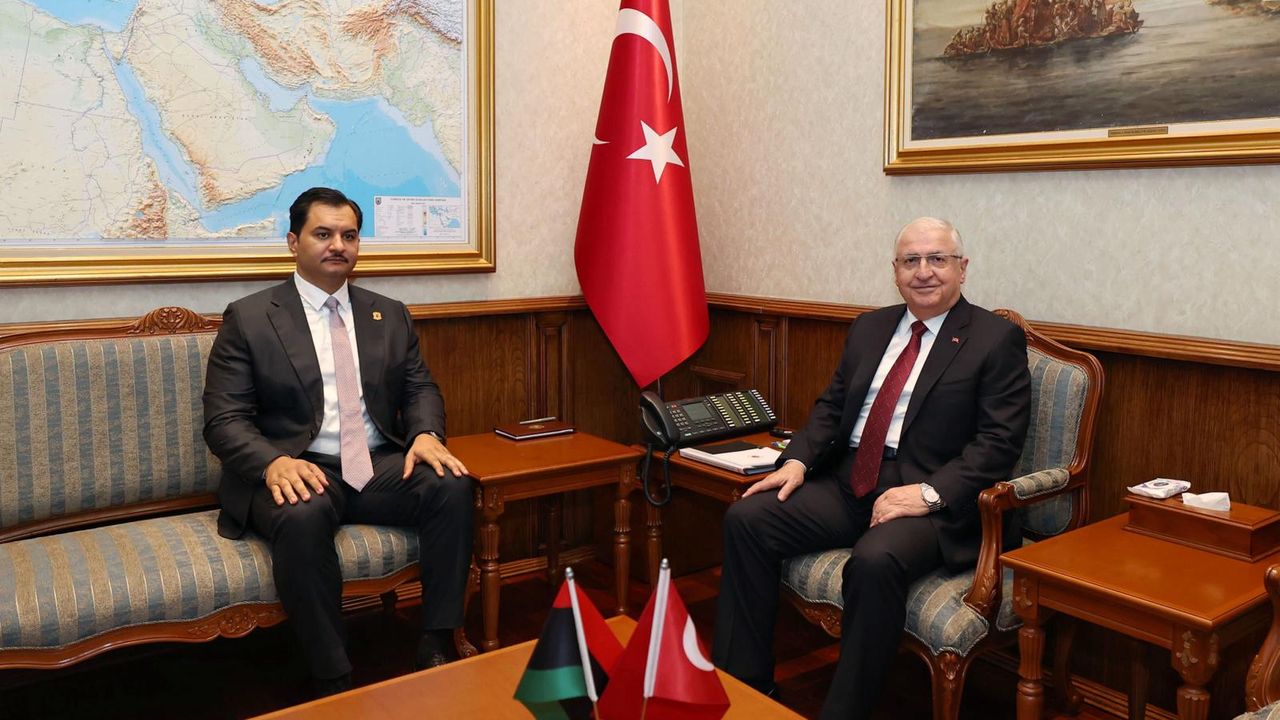EU unveils plan to allow asylum seeker transfers to third countries

The European Union is mulling radical new laws aimed at tackling fake asylum seekers entering the 27 member state block.
On May 20th, the EU’s executive body proposed a significant amendment to EU asylum law that would enable member states to deport rejected asylum seekers to so-called “safe third countries” with which the individuals have no prior connection. The move, aimed at easing pressure on national asylum systems, has drawn strong criticism from human rights organisations, who argue it undermines the fundamental right to seek asylum.
According to The Arab Weekly, the European Commission asserted that the proposed changes would “accelerate asylum processes and reduce pressure on asylum systems.” Notably, the proposal eliminates the requirement for a demonstrable connection between the asylum seeker and the receiving third country, allowing for deportations to states with which the individual may have no legal, familial, or historical ties.
EU Commissioner for Home Affairs and Migration, Magnus Brunner, defended the proposal, stating, “The revised Safe Third Country concept is another tool to help member states process asylum claims more efficiently, while fully respecting the EU’s values and fundamental rights.”
The amendments further stipulate that asylum seekers who appeal a rejected application would no longer be guaranteed the right to remain within EU territory while their appeal is under review—a provision that raises additional due process concerns.
Human rights advocates have condemned the proposal. Olivia Sundberg Diez, Amnesty International’s EU Advocate on Migration and Asylum, warned: “Let’s be clear: this revision would only further weaken access to asylum in Europe, diminish people’s rights, and increase the risk of refoulement and widespread arbitrary detention in third countries—especially given the EU’s increasingly evident inability to monitor and uphold human rights in its partner countries.”
If adopted, the changes could mark a major shift in EU asylum policy, prompting both legal and humanitarian implications across the bloc and beyond.
The Arab Weekly/ Maghrebi.org
Want to chase the pulse of North Africa?
Subscribe to receive our FREE weekly PDF magazine














